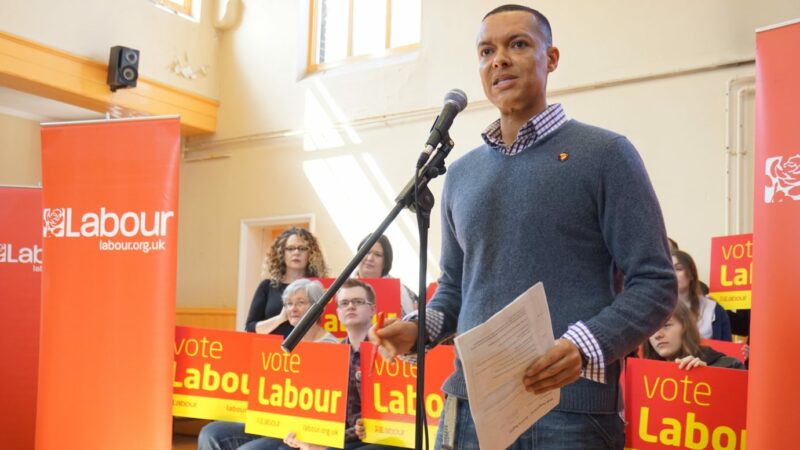
“Everyone thinks of changing the world, but no one thinks of changing himself.” ― Leo Tolstoy
Our party’s fractious nature is deeply embedded and now, sadly, almost instinctive. That doesn’t mean it will be impossible to change, but it will be tough. The question is, how do we change to win? As anyone who has tried to kick a bad habit will know, doing so requires not just resolve but also fundamental changes of routine and behaviour.
In politics, voting systems are the equivalent of such routine and habit. First-past-the-post (FPTP), currently used for Labour’s national executive committee (NEC), is a ‘routine’ that by its very nature encourages a culture of ‘winner takes all’, stitch-ups and diktats. These in turn build resentment, animosity and irreconcilable factionalism. Why seek difficult consensus, when you can just smash your opposition and impose your political will if you can just get across ‘the line’? And so, the cycle continues ad nauseum.
STV should be seen as a good ‘routine’ that encourages a culture of cooperation and consensus building. It’s certainly no silver bullet – we’ll still have division. But it does begin to put in place the building blocks for deep, cultural change in how we relate to one another in our ‘broad church’ party. One that understands political differences are a source strength, not just weakness, if we have a political culture capable of navigating them.
Using STV to elect the NEC’s nine Constituency Labour Party (CLP) seats could help pave the way for better ‘habits’ and for a 21st-century modernisation programme within the Labour Party. We need bold changes acting as the springboard for us to be able to take our vision out into the country as a unified force, unafraid of discussion, debate and disagreement.
The left of the party can assist in making that change. It will be important to start by finding the common ground between Keir Starmer’s vision of a “new, more inclusive, more democratic culture of dignity and respect” and those who aspire to greater democratisation in the party with, for example, open selections. This means avoiding a retreat into the old partisan trenches. If we do not retreat from that, many proposals for change – no matter how good or sensible – risk being attacked simply because they came from the ‘wrong faction’.
We must be open to new and different ideas – to have them challenged and, hopefully in the process, strengthened. This will help us build a modern, united party based on democracy and using the energy and ideas of our membership and wider civil society.
But we need stability and more capacity for consensus to do that. That’s where STV for constituency seats on the NEC comes in. STV is the same voting model we use in the leader and deputy leader contests. It’s much more representative and inclusive than the FPTP system currently used to elect our NEC constituency seats.
When Momentum’s #JC9 slate swept the board in 2018, some saw it as a triumph set in stone. Others pointed to the fact that Momentum candidates won 100% of the seats by securing between 50-55% of the vote. Fast forward to the two NEC by-elections this year, and Progress-Labour First candidates secured just over 30% of the votes yet secured 100% of the seats up for grabs.
A small shift of balance on the see-saw means it crashes down one side, then the other. Winner takes all. Loser gets nothing. ‘Unity’ declared with a boot on the throat of factional opponents. This is an almost perfect recipe for division and in-fighting, where potentially 70% of voting members see no representation at all.
STV is well-suited to our multi-member CLP section. You simply rank the candidates from ‘1’ until you come to the end of the candidates you want to support. Successful candidates stay in the ballot; unsuccessful candidates drop out of the running and have their votes transferred. Your top preferences may not win but your other choices can help elect the successful candidates.
This new system would five greater power and influence to members whose votes would otherwise be ‘wasted’, and allows those elected to be accountable to a wider proportion of the voting membership. The need for a united and modern, democratic socialist party – one grounded in tolerance and solidarity that can embrace bold ideas with confidence – is long overdue. So, let’s use STV to elect our NEC.




More from LabourList
‘What Batley and Spen taught me about standing up to divisive politics’
‘Security in the 21st century means more than just defence’
‘Better the devil you know’: what Gorton and Denton voters say about by-election